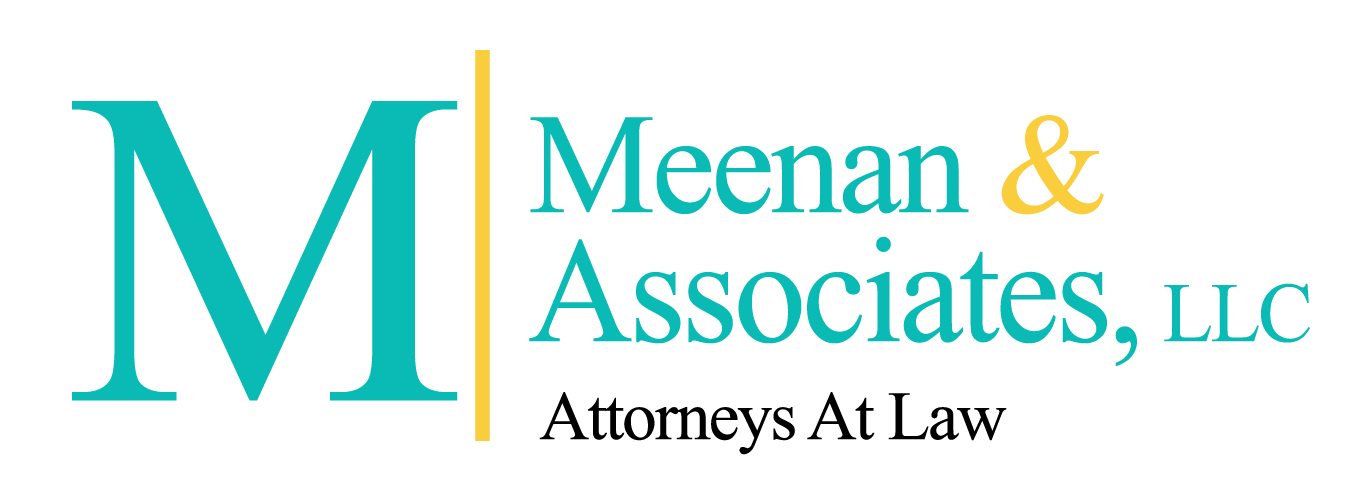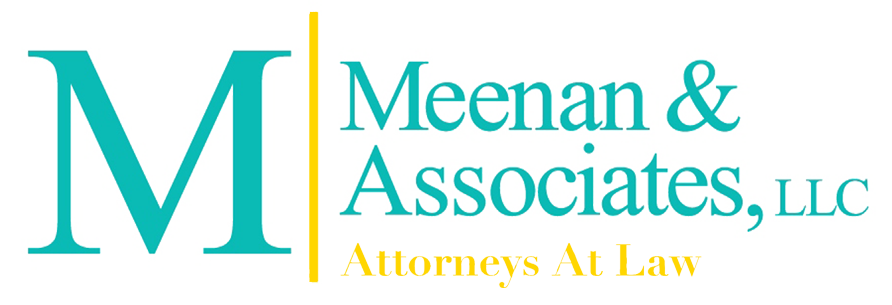For guardianship practitioners with clients and wards applying for or receiving Medicaid, COVID-19 has presented unique challenges and rapidly changing rules and regulations. New York State and New York City Medicaid authorities have issued updates on changes to Medicaid eligibility and enrollment during the COVID-19 pandemic.
State Medicaid authorities have clarified that no one who was in receipt of Medicaid as of March 18, 2020 will lose their coverage, unless they choose to terminate coverage or move out of state. Nor should anyone’s Medicaid be discontinued for “whereabouts unknown” because correspondence from Medicaid is returned to the local district with no forwarding information. Medicaid recipients who would normally be required to re-certify benefits are being automatically renewed for twelve months. Medicaid will not close any cases for failure to renew or provide documentation. During the emergency, Medicaid coverage cannot be decreased or discontinued– including increasing an individual’s spend-down amount — during the COVID-19 emergency. Individuals with a spend-down of their excess income who are unable to pay the spend-down amount due to COVID-19 should contact their local districts to extend coverage for six months.
The guidance also streamlines application procedures, allowing for self-attestation for all eligibility criteria, except for immigration/identity status, for which districts must give applicants a reasonable opportunity o provide documentation. For nursing home applications, individuals can attest to income and resources and any transfer of assets made during the five-year look-back period. In addition, applications for persons in hospitals or nursing homes may be signed by someone acting on behalf of the institutionalized individual. For applications with missing required information, the district will contact the applicant or person submitting the application by email or telephone, and accept the requested information verbally. In addition, certain conditions of eligibility are being waived, including the requirements that individuals turning 65 apply for Medicare and Social Security.
Normally, we file Medicaid applications with guardianship pending, and submit proof of filing from the court in the form of proof of purchase of an index number. Given the current hiatus on all non-essential filings in state court, it is unclear what proof of appending guardianship is acceptable to Medicaid. Medicaid has issued an alert clarifying acceptable proof, in lieu of an Index Number. “If a district receives a copy of the petition for guardianship of an alleged incapacitated person (AIP) along with attestation from the attorney or the representative for the AIP explaining the reason proof of filing is not available, or that they are unable to file a petition with the court, and that proof of filing with the court will be submitted to the local district once received by the attorney from the court, or that filing will be made once the court allows, assets are to be considered unavailable for purposes of determining Medicaid eligibility.”
In addition, Medicaid has clarified that, where Medicaid was approved without regard to income and assets based on a pending guardianship, the guardian can attest to the ward’s assets and income. Upon renewal of Medicaid eligibility and after the COVID-19 emergency has ended, Medicaid will review assets and any transfers made during the five-year look-back period (for nursing home coverage).


